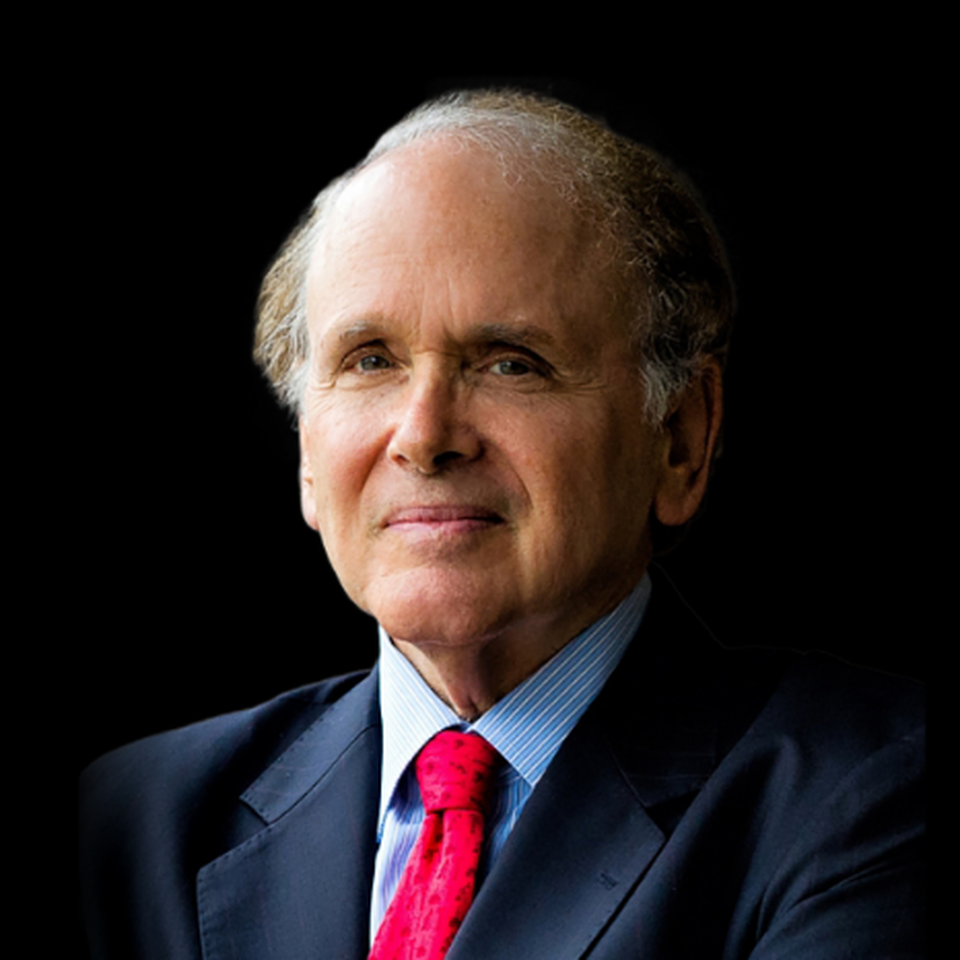Leading through a crisis while transforming for a new sustainable energy future
Featuring
"Life first, safety first, and that’s non-negotiable."
How did your company manage through 2020? And what was the main message you tried to really convey during that time?
Mr. Bayon said that, in times of uncertainty, the key is to act and show leadership. To that end, Ecopetrol quickly responded to COVID-19 by setting up a 24/7 operational crisis team, a COVID crisis team, and a finance crisis team. Throughput was reduced by 50%, and a SWAT-like team was brought in from the National Health Society to test plants for particles and assess safety protocols.
Job security is another question that hangs on people’s minds and also potentially damages the confidence and the psychology of your staff.
Ecopetrol communicated very early on that it would respect and secure all the jobs that it directly controls. It also launched a very large and intensive digital transformation that underpinned employees’ ability to work remotely, and determined the vital personnel requirements for each operation. Proactive COVID testing protocols were also established early on by working with authorities and communities.
“We have close to 350 active work fronts in Colombia right now, he said, “so we need to ensure that the authorities and the communities see us as somebody that’s doing things responsibly, and is taking care not only for ourselves, our people, but also the communities.”
ESG is vital. How do you balance this transformation while you are in a situation of preservation during this crisis?
“You need to genuinely believe in the merits of being an advocate and actually doing or delivering on your strategy around ESG,” Mr. Bayon replied. Ecopetrol actually views it more as “TESG” since it sees technology as a key enabler of everything related to environmental, social, and governance.
The World Economic Forum recently included Ecopetrol in its Stakeholder Capitalism Metrics report—one of just 61 companies in the report, it’s the only one from Latin America, and one of the few oil and gas companies. Mr. Bayon said that, while they don’t have all the answers, Ecopetrol is making progress in its commitment to reduce its carbon footprint and decarbonize the business. For example, it’s setting up 15 eco reserves for reforestation, restoration, and is doing a lot with renewable energy.
You announced that you’re going to invest this year about $3.5 to $4 billion US in the growth of the business. And a lot of it goes into the renewable part.
Three years ago, when Ecopetrol announced plans for a solar park to power some of its oil and gas operations, Mr. Bayon said some people didn’t think it was possible. But that first park has already saved over $1 million in the first 12 months of operation. The company is adding eight more solar parks by the end of 2021 to help reduce over a million tons of CO2.
“Colombia has announced that, by 2030, the country will reduce 51% of its greenhouse gas emissions. So we’re actually doing a lot of work to see how can we help get to that place.”
You said “energy is the tool to inclusion.” The unconventionals, how difficult is it to balance that?
“We do think that Colombia requires several sources of energy, and we will continue to look at more gas onshore and offshore. It’s fundamental,” said Mr. Bayon. With 63% of Colombians using gas every day, he says “it’s important.” Ecopetrol recently signed a contract for a pilot project in unconventionals that will be very transparent—with 24 monitoring stations for noise, water-quality, and air-quality stations with all data available online.
Where do we need to rethink, redefine, and renew and with what sort of dynamic?
“I think that we need to first be very human or have a lot of humanity in terms of what’s going on,” he said, “because people are struggling.” From a business perspective, he believes COVID-19 has helped accelerate expectations and desire from stakeholders around the need to move to a more decarbonized economy more quickly. Ecopetrol is clearly committed. Just a few days before the Annual Meeting, the company presented a non-binding offer for the largest energy transmission company in Colombia. The $4 billion deal would cover a lot of operations in Brazil, Chile, Peru, Bolivia, and Colombia that are already carbon neutral.






